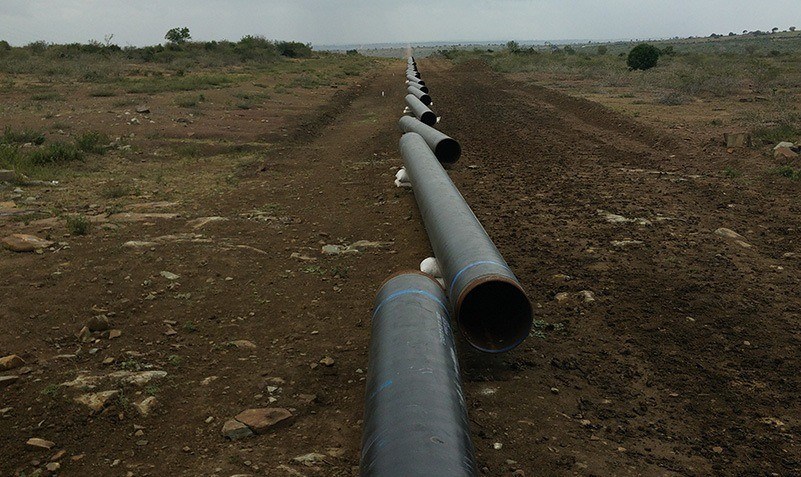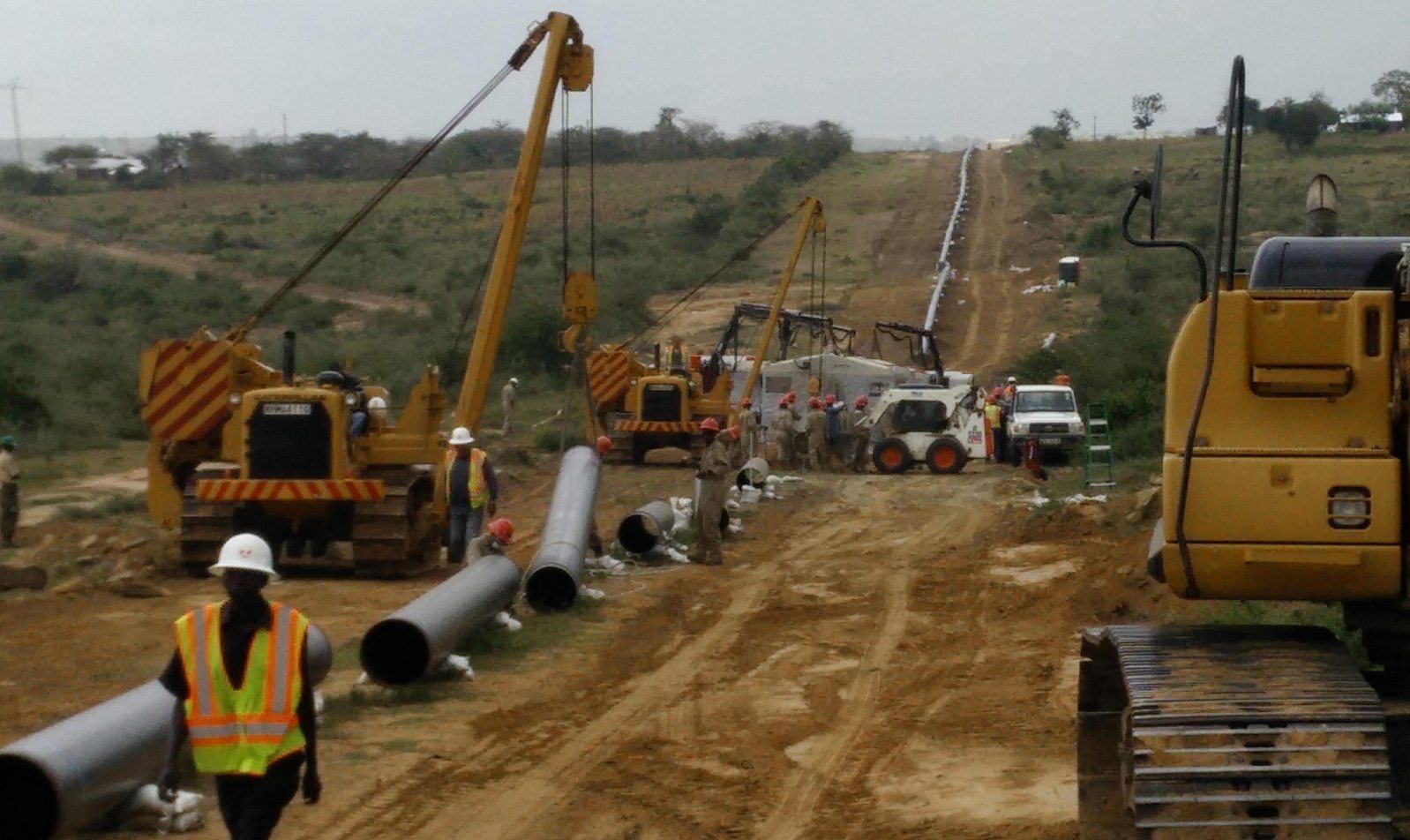Zakhem - Nairobi–Mombasa Oil Pipeline (Line 5)

Project: Nairobi–Mombasa Oil Pipeline (Line 5)
Zakhem completed KPC’s Kenyan oil pipeline
Zakhem successfully completed the construction of a new 20-inch, 460 km oil pipeline from Mombasa to Nairobi, in contract of Kenya Pipeline Company (KPC). This project replaced the aging pipeline built in 1973, strengthening Kenya’s petroleum infrastructure and ensuring safer, more efficient oil transport across the country. Zakhem completed the project using the PWT XCS Welding System to ensure precise welds and enhance overall project reliability.
About Zakhem
Zakhem International is a Lebanese engineering and construction firm with over four decades of experience in large-scale energy infrastructure. Specializing in oil and gas pipelines, refineries, and storage facilities, Zakhem has successfully delivered projects across Africa, the Middle East, and Europe, combining engineering excellence with innovative construction solutions.
Zakhem – Mombasa–Nairobi Oil Pipeline Project
The Mombasa–Nairobi Oil Pipeline Project involved constructing a modern, multi-product pipeline to replace an outdated system, improve energy security, and enhance operational reliability. The pipeline spans 460 km, utilizing X60 steel pipes with a 20-inch diameter. Zakhem faced challenges including difficult terrain, technical integration of multiple facilities, and coordination of civil, mechanical, and safety systems.
- Construction of four new mainline pump stations: Changamwe, Maungu, Mtito Andei, and Sultan Hamud
- Installation of two booster pumps at Kipevu
- Deployment of a 96-core fiber-optic cable along the entire pipeline route
- Upgraded firefighting systems at Jomo Kenyatta International Airport and Nairobi terminal
- Replacement of the aging 1973 pipeline to improve safety and reliability
- Use of the PWT XCS automatic welding system for precise, high-quality welds
- Project length: approximately 460 km of X60 steel pipeline
This project represents a significant step forward for Kenya’s energy infrastructure, providing reliable oil transport and reducing operational risks. Beyond technical achievement, it fosters local development by creating skilled jobs, enhancing engineering capabilities, and supporting long-term energy security for the country.





